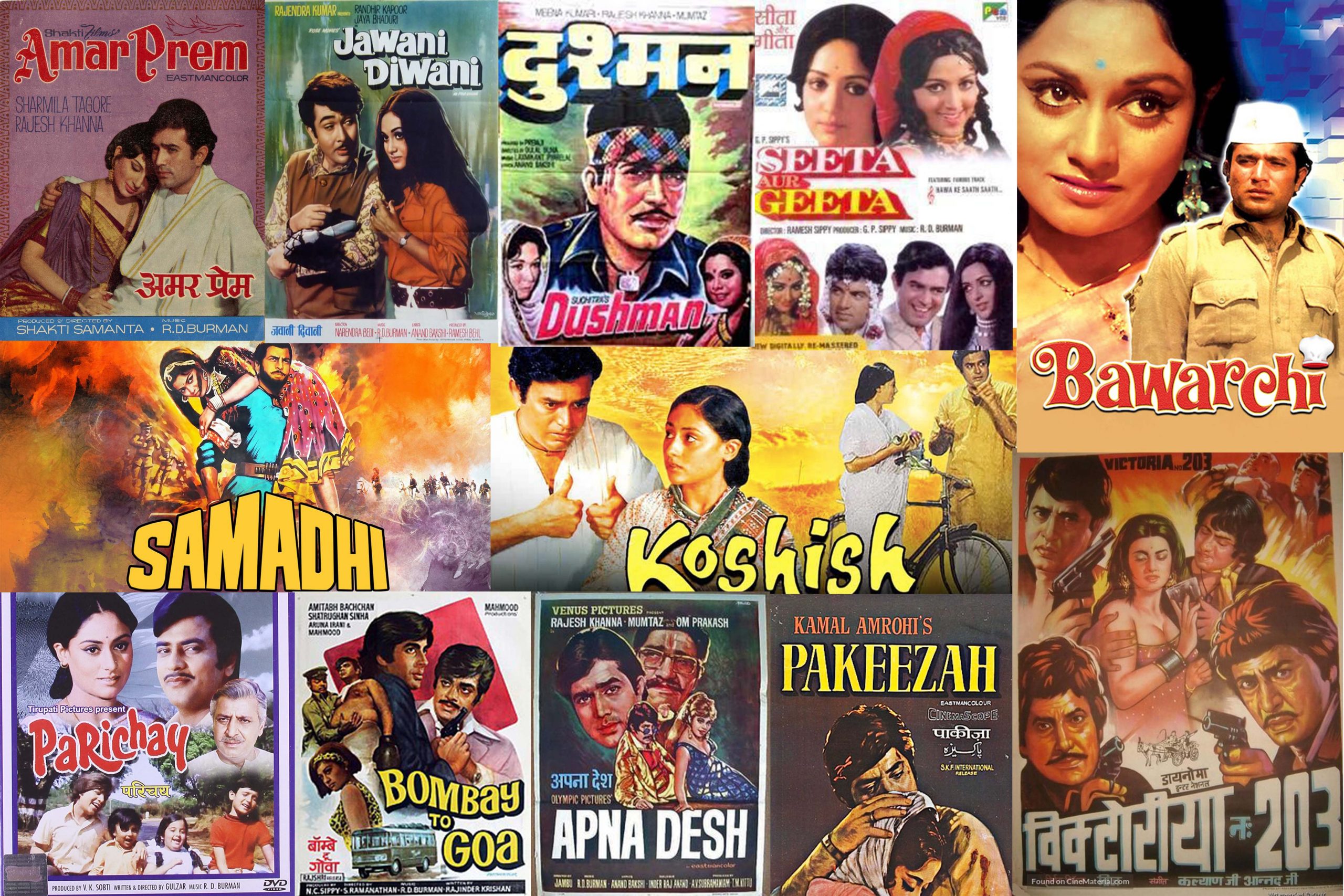Exploring The World Of Hindi Cinema: A Comprehensive Guide
Hindi cinema, often referred to as Bollywood, is a vibrant and influential segment of the Indian film industry. It has captivated audiences worldwide with its unique blend of music, drama, and entertainment. As one of the largest film industries globally, Bollywood continues to evolve, producing films that resonate with diverse audiences. This article delves into the fascinating world of Hindi cinema, exploring its history, cultural impact, and future prospects.
Hindi cinema has a rich heritage that dates back over a century. From its humble beginnings to becoming a global phenomenon, Bollywood has carved a niche for itself in the international film landscape. The industry's ability to adapt to changing times while preserving its cultural essence makes it a subject of great interest for film enthusiasts worldwide.
This guide aims to provide an in-depth understanding of Hindi cinema, covering various aspects such as its history, production process, key players, and the cultural significance it holds. Whether you're a fan of Bollywood or someone curious about its workings, this article will offer valuable insights into the world of Hindi cinema.
Read also:Alistair Overeem Wife A Deep Dive Into His Personal Life And Family
Table of Contents
- The History of Hindi Cinema
- Film Production Process in Hindi Cinema
- Popular Genres in Hindi Cinema
- Prominent Actors and Directors
- The Role of Music in Hindi Films
- Global Reach of Hindi Cinema
- Cultural Impact of Bollywood
- Technology and Innovation in Hindi Films
- The Future of Hindi Cinema
- Conclusion
The History of Hindi Cinema
Hindi cinema traces its origins back to the early 20th century when the first silent films were produced in India. The release of "Raja Harishchandra" in 1913 marked the beginning of the Indian film industry. Over the decades, Hindi cinema has undergone significant transformations, adapting to changing audience preferences and technological advancements.
Evolution of Bollywood
The evolution of Hindi cinema can be divided into several eras, each characterized by distinct styles and themes. The Golden Age of Bollywood, spanning from the 1950s to the 1970s, saw the production of iconic films that remain popular even today. This period laid the foundation for the industry's growth and established Bollywood as a major player in the global film market.
Film Production Process in Hindi Cinema
Creating a Hindi film involves a meticulous process that begins with scriptwriting and ends with post-production. Each stage requires collaboration between various professionals, including directors, producers, actors, and technicians.
Key Stages of Production
- Pre-Production: Script development, casting, and location scouting
- Principal Photography: Filming scenes according to the script
- Post-Production: Editing, sound design, and visual effects
Popular Genres in Hindi Cinema
Hindi films cater to a wide range of audience preferences by offering diverse genres. From romantic dramas to action-packed thrillers, Bollywood has something for everyone. Some of the most popular genres include:
- Romantic Comedies
- Action Films
- Historical Dramas
- Musical Films
Prominent Actors and Directors
Bollywood is home to numerous talented actors and directors who have left an indelible mark on the industry. Their contributions have shaped the evolution of Hindi cinema and inspired aspiring filmmakers worldwide.
Biography of Key Figures
| Name | Birthdate | Debut Film |
|---|---|---|
| Amitabh Bachchan | 11 October 1942 | Saawariya (1970) |
| Shah Rukh Khan | 2 November 1965 | Deewana (1992) |
The Role of Music in Hindi Films
Music plays a crucial role in Hindi cinema, often serving as a narrative device to convey emotions and enhance storytelling. Bollywood films are renowned for their memorable soundtracks, which contribute significantly to their success.
Read also:Exploring The Vibrant Regal Simi Valley Civic Center A Hub For Community And Entertainment
Impact of Music on Audience Engagement
Studies have shown that films with strong musical elements tend to perform better at the box office. The emotional connection created through music helps audiences relate to the characters and their journeys.
Global Reach of Hindi Cinema
With the advent of globalization, Hindi cinema has gained a massive following worldwide. Bollywood films are now distributed in multiple languages and have attracted international collaborations, further expanding their reach.
Factors Contributing to Global Popularity
- Cultural diversity portrayed in films
- Innovative storytelling techniques
- High production values
Cultural Impact of Bollywood
Bollywood's influence extends beyond entertainment, impacting fashion, language, and societal norms. The industry has played a pivotal role in shaping Indian culture and promoting national identity on the global stage.
Cultural Representation in Films
Many Bollywood films address social issues, raising awareness and sparking conversations about important topics. This aspect of Hindi cinema makes it a powerful medium for social change.
Technology and Innovation in Hindi Films
Advancements in technology have revolutionized the way Hindi films are produced and consumed. From digital cameras to virtual reality, the industry continues to embrace innovation to enhance the viewing experience.
Trends in Film Technology
According to a report by PwC, the Indian film industry is expected to grow at a CAGR of 12.4% between 2021 and 2025, driven by technological advancements and increased digital consumption.
The Future of Hindi Cinema
As Bollywood continues to evolve, the future looks promising with emerging trends such as web series and streaming platforms gaining popularity. These new avenues offer filmmakers greater creative freedom and access to global audiences.
Opportunities for Growth
- Increased focus on content-driven films
- Expansion into international markets
- Adoption of sustainable practices in production
Conclusion
Hindi cinema remains a dynamic and influential force in the global film industry. Its ability to blend traditional values with modern storytelling techniques ensures its continued relevance and appeal. By exploring the various facets of Bollywood, this article has provided insights into its rich history, cultural significance, and future prospects.
We invite you to share your thoughts and experiences with Hindi cinema in the comments section below. Additionally, feel free to explore other articles on our website for more fascinating content related to films and entertainment.

